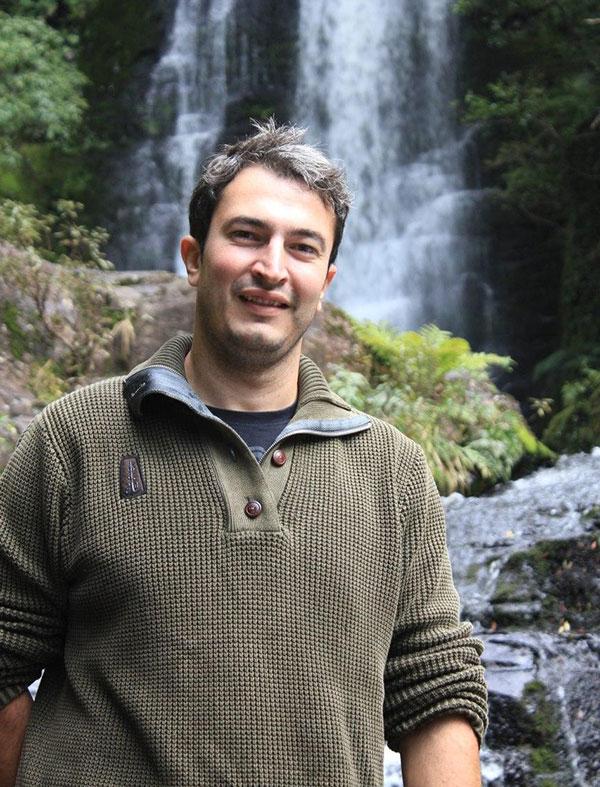The start-up has changed my life. The day before my wedding, one of our clients at the company I had worked for at the time experienced an important security incident. I had a good relationship with my boss, and he told me that his present for my wedding was that I could leave for my wedding and honeymoon and not be connected to work. After the honeymoon, though, he reached out and said that it was all too much for him. He told me that we could create our own start-up. I said to him, “Let’s do it.”
Our wives were less confident in that moment. But then my wife said, “I know you, and I know Juan Antonio, and he has experience, and you are great professionals. You’re going to do well in the market, so do it.” It was something amazing. In the beginning we started with a few clients and we were focused on the research. But we were doing things well, because after three or four months, big clients called us and started to work with us. We started with 3-4 employees and now we have 17 people in Madrid and two in Pais Vasco. We are doing quite well. It’s not just about making money, though; it’s about it being something you want to do. For example, we are making a tool that we’re going to open to the community in which they can tell if their development environment is secure or not. It will be an open source tool that people can continue to develop. This is the kind of thing we make to stay in touch and innovate.
The technological world is amazing and is always changing, so we have to be ready for it. You have to be always up to date, so conferences are a must for cybersecurity professionals. Development is also essential. Every Friday in my company one of us teaches a course to the rest of the employees. We also cover the cost of some certification courses for our employees, like the ones that ISACA has. We are always doing research and development to be in this world of continuous innovation.

throughout my career. Hugo García Badell provided me a lot of guidance, motivation, and emotional support. He was interested not only in me as a worker, but also as a person. Because of this, I realized that you need to have emotional intelligence to be aware of the emotions and feelings of the employee. The more you help your workers and the more you know them, the more satisfaction you will receive. Wim De Bruyne was my mentor when I was studying abroad in Ghent, Belgium, and he taught be me how to be a good leader rather than a good follower, and encouraged me to be an entrepreneur. He came to my wedding and I have visited him from time to time. Now, some years later, I have my own company, so maybe it’s because of him.
Hugo introduced me to ISACA. Back then, I was doing my masters in cybersecurity and he told me I should have a certification because it will be useful. I was more technical, but got a scholarship for the certificate for the cyber fundamentals. Now four years later, I am the Madrid chapter leader for CSX. I coordinate all the groups and review the material that ISACA Global is giving to us. We speak with people in cybersecurity and try to help them learn about our certification. They say they don’t have enough knowledge to get a certification, but we tell them they can start with the basics.
I also try to keep people informed about new attacks or give tips and recommendations through social media, Spanish magazines, our blog and different conferences. The target of this information is normally adults, and I love using memes since I like to make people laugh, and I think it is a good way to keep them focused. But what I really like is inspiring young people, because they are the key to our future and will protect our society someday. So once a year, my colleagues and I collaborate at a security event called X1red+Segura. This event is focused on children, teenagers and others that are not in the cybersecurity world. This one is the most important for me because I can introduce basic information to children such as how to choose a secure password, what they should not do in the network, how to know if they can trust a webpage. It is very important to teach them about risks so that they can prevent them.
In the cybersecurity world, you cannot survive if you are afraid of changes or the new challenges that the future brings. I try to be a change agent and to always seek new things.
